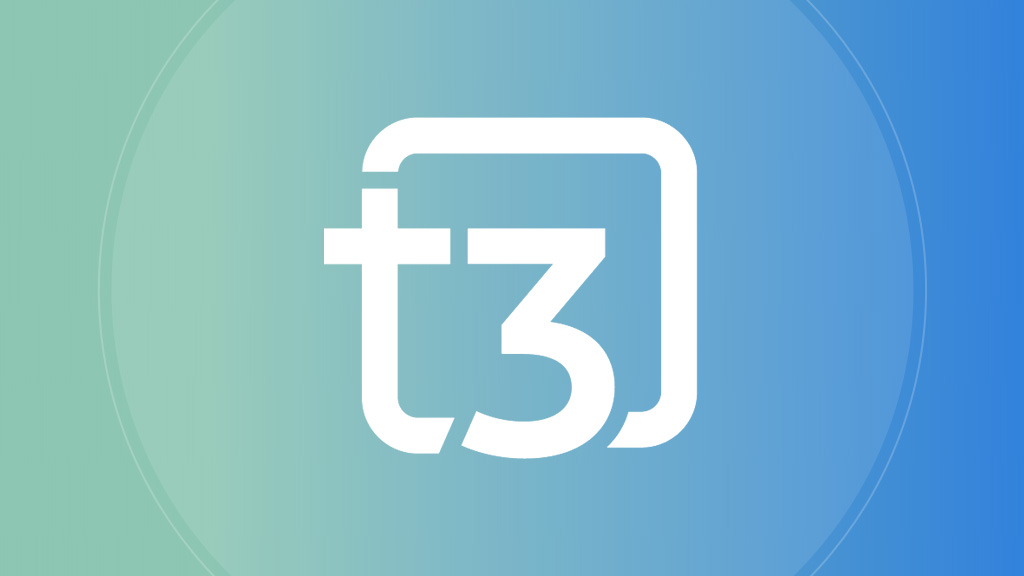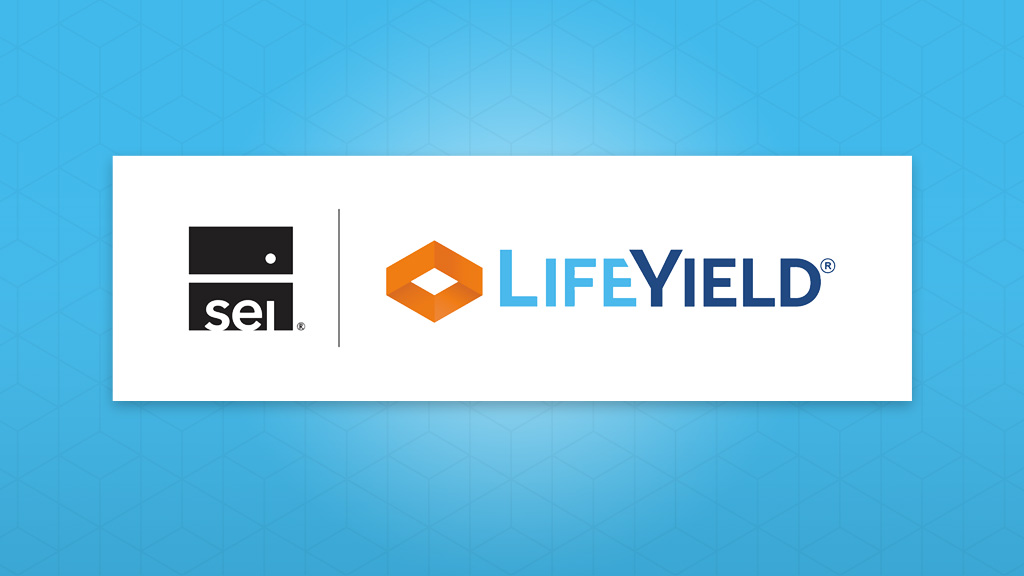T3 Takeways: Why Our Industry Needs to Focus on Integration

At the end of January, I attended the 20th anniversary of the T3 conference, where I had the opportunity to speak with many of the wonderful people in our industry and connect with old friends. From my conversations, I was able to learn about their projects, ideas, and opinions regarding the future of our space. My main takeaway from the conference was the discussion surrounding integration—the process of making data centered on the advisor and their clients with a defined path to implementation, all the while clearly demonstrating data’s role in meeting the clients’ needs. After T3, it is clear to me that financial technology’s next step needs to be in the direction of meaningful integrations that promote implementation.
Abundance and Overload
Currently, advisors have loads of amazing technology at their fingertips. However, these various pieces of technology are all separate—they don’t work together. That means that it’s up to the advisor to make them do so, usually by swivel-chairing between countless open tabs and struggling to keep up with overburdened Excel spreadsheets. According to research from Orion, the problem is that tools are task centered as opposed to client centered. These tools are selfish, only focusing on the task that they are responsible for and neglecting to consider how they fit into the overall user experience. Until we improve the way we approach integrations, advisors will continue to be frustrated and overworked. To me, there were a couple of standouts at T3 that are working to integrate technology in ways that make the advisor more effective and improve outcomes for the clients: Summit Wealth Systems and AdvisorEngine.
Summit Wealth Systems—Next Level Thinking
Reed Colley and Summit Wealth Systems are actively working towards addressing the issue of integration with the end goal of improving the advisor experience. According to Reed, the founder and CEO of Summit, the advisor tech stacks of today are actually more like tech spreads. A stack is neat, organized, and truly connected, making the tools within it easy to locate, access, and use. A spread is messy and inefficient, making it difficult to utilize the various tools in conjunction with each other. However, Summit focuses on “cutting the clutter” by unifying the data and customizing the advisor’s experience so that the technology is tailored to their needs. (If you want to hear more from Reed about how he and his colleagues at Summit work to create innovative solutions to improve the advisor experience, you can tune in to his latest appearance on LifeYield’s podcast, WealthTech on Deck.) Summit is leading the way by offering their advisors a more unified experience in the form of a single platform that leverages data from various tools and is customized to meet the firm’s needs. The result—increased efficiency and happy clients.
Ritholtz and AdvisorEngine Team Up
In the T3 session titled “Our First Acquisition,” I had the opportunity to hear Josh Brown and Michael Batnick from Ritholtz Wealth Management chat with Rich Cancro from AdvisorEngine. They spoke about Ritholtz’s acquisition of FutureAdvisor, a direct-to-consumer robo. (To learn more about the acquisition, you can read Josh’s blog.) Josh and Michael hired Rich and the team at AdvisorEngine to be the wealth platform for Ritholtz and help the transition of FutureAdvisor clients to their firm. AdvisorEngine provided an experience that unified data and connected FutureAdvisor’s clients to actual human advisors at Ritholtz. AdvisorEngine’s wealth platform paved the way for a seamless transition.
In addition, AdvisorEngine’s new technology will enable Ritholtz to connect financial planning to trading. With this new platform, a financial plan will now provide advice that isn’t just put in a folder to talk about; instead, it will provide steps that are implementable and actionable. Their technology will operate in a way that promotes follow-through on the advice. Ritholtz and AdvisorEngine are working to connect the advisor and the client, unify various steps of the financial planning process, and promote implementation—making them a great example of what the future of integration could look like in financial technology.
Purposeful Integration Improves Outcomes
As an industry, we must do a better job when it comes to integration. The growth of financial technology results in an abundance of valuable tools created by talented and innovative people. However, this abundance of tools—when the tools are not purposefully connected, when they are not integrated—can be overwhelming and counterproductive. Meaningful integration will make advice implementable, illustrate how that advice impacts an investor’s journey, and create real connections that eliminate clutter from an advisor’s desk (and the collection of tabs in their browsers). In the end, executing on this concept will provide a more connected and valuable experience for both advisors and investors.
Monthly insights from our Chief Growth Officer, Jack Sharry
Get exclusive insights and interviews from around the industry

 By
By 




